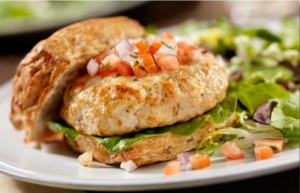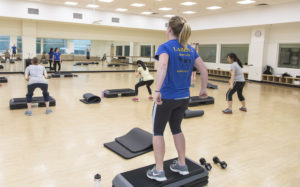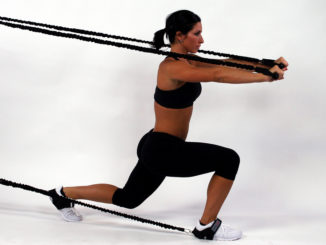
Have You Stopped Losing Weight?
Do You Stick To Your Diet, But Have No Results?
This Means You’ve Hit a Weight Loss Plateau.
Just because your progress has stalled, don’t give up your diet and exercise routine. There are plenty of ways to break through weight loss plateaus and rev up your metabolism.
What is a Weight Loss Plateau?
If you’ve ever been on a diet, you know how it feels to step on the scale and see the exact number as the week before. Your weight might not drop for weeks and even months. Unfortunately, this happens to everyone.
The explanation is quite simple
Any weight loss diet requires calorie restriction. Basically, you have to eat fewer calories than you burn. After a while, your body adapts and learns to survive with less energy. It even stores calories for future use, which may lead to weight gain. Poor sleep, stress, hormonal imbalances, water retention, and certain medications can contribute to weight loss plateaus.
The truth is that you can’t keep dieting and lowering your calories forever. Regardless of how clean you eat, you’ll hit a plateau at some point. When this happens, you stop losing weight. To get the scale moving again, you must change your macros, increase your energy output, or both. If you’re happy with your weight, focus on maintenance.
How to Overcome a Weight Loss Plateau
Tweaking your diet and workout plan can help you break through plateaus and reach the desired weight. First of all, take the time to reassess your caloric needs. Now that you’re slimmer, you need fewer calories than when you’ve started. Adjust your daily calorie intake and macros based on your weight, activity level, and long term goals.
Once this step is complete, take a look at your macros.
How much protein, carbs, and fats do you consume on a daily basis?
Consider dropping your carbs and eating more protein to overcome a weight loss plateau. Even if your calories stay the same, you can get results by tweaking your macros.
For instance, if you’re currently eating 80 grams of protein and 100 grams of carbs a day, switch to 100 grams of protein and 60 grams of carbs. The rest of your daily calories should come from fats.
You might also need to make some changes to your exercise routine. If you don’t lift weights, include strength training in your plan. It could make all the difference.
Weight training increases your metabolism, builds muscle, and balances your hormones. The more lean mass you have, the more calories you burn throughout the day.
Consider Replacing Cardio With HIIT
This training method burns more calories than steady state cardio and helps maintain muscle. It also elevates your metabolic rate, leading to greater energy expenditure. If you already lift weights and do HIIT or other high intensity workout, try new training techniques.
Add more plates on the bar, do one extra set, or replace gym machines with free weights. Take your fitness routine outdoors, learn new moves, and perform bodyweight exercises.
The whole idea is to challenge your body and keep it from adapting to your workout plan. There is no one-size-fits-all solution to overcoming weight loss plateaus, so you’ll have to experiment and see what works best for you.






Be the first to comment